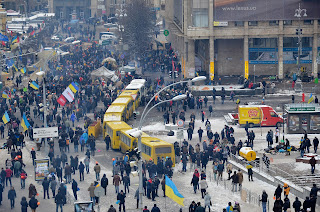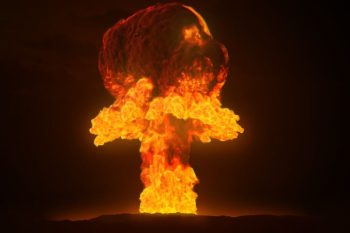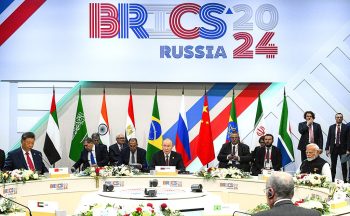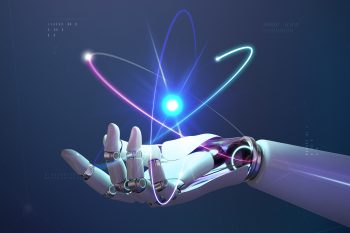UKRAINE: The Orange Revolution – How it shaped twenty-first century geopolitics – Atlantic Council
GEÓ NewsTeam 4 years agoPeter Dickinsonwww.GEOPoliticalMatters.com Ukrainians marked the Day of Dignity and Freedom on November 21, continuing a seven-year tradition that seeks to place the country’s 2004 Orange Revolution and the 2014 Euromaidan Revolution in a broader historical context. This might also be something for the international community to consider. While Ukraine’s two people power uprisings are recognized as important milestones in the country’s post-Soviet journey, their impact on the wider region has yet to be fully appreciated. This lack of clarity is perhaps understandable. Indeed, few events in modern European history have been subject to quite so much deliberate distortion. Ever since the Euromaidan protest movement first emerged in Kyiv in late November 2013, it has been a favoured target of Russian information warfare. For the past seven years, Moscow has promoted false narratives about the uprising in order to undermine its pro-democracy credentials and justify the subsequent Russian invasion of Crimea and eastern Ukraine. While the legacy of the Euromaidan Revolution has been buried under an avalanche of Kremlin disinformation, the earlier Orange Revolution has been increasingly forgotten. At first glance, the peaceful protests of winter 2004 appear to lack the geopolitical drama of the events which were to unfold one decade later. However, this is deceptive. While independent Ukraine’s first great people power revolution did not lead directly to Russian military aggression or spark any immediate shifts in the European balance of power, it remains a watershed moment that marked the end of the early post-Soviet era and set the stage for the Cold War climate that defines today’s international relations. To appreciate the significance of the Orange Revolution, it is important to look beyond the political failures that followed the uprising. The protests of late 2004 initially succeeded in preventing Kremlin-backed candidate Viktor Yanukovych from stealing the Ukrainian presidency and made possible the election of his reformist rival, Viktor Yushchenko. However, Yushchenko soon found himself beset by infighting and was unable to lead Ukraine decisively towards Euro-Atlantic integration during what proved to be a hugely frustrating five-year term in office. This paved the way for Yanukovych to mount an unlikely comeback and win the 2010 presidential election race. Nevertheless, the Ukraine of 2010 was a very different proposition to the country Yanukovych had first sought to rule six years earlier. Thanks to the Orange Revolution, Ukraine’s media landscape was no longer subject to the kind of smothering government censorship that had existed prior to 2004. In its place was a lively if imperfect form of journalistic freedom that reflected the competing interests of the country’s various oligarch clans. Once he became president, Yanukovych was unable to put the genie of a free press back into the bottle. Instead, his attempts to reverse the gains of the Orange Revolution helped spark the 2014 uprising that led directly to his downfall. The Orange Revolution also had a profound effect on the way Ukrainians perceived themselves and their national identity. For the first thirteen years of independence, the political, cultural, social, and economic boundaries between Ukraine and Russia had remained blurred. Most people on both sides of the border continued to regard the fates of the two notionally separate countries as inextricably intertwined. This changed dramatically in 2004 when millions of Ukrainians mobilized in defense of free elections. The protests served as a national awakening, establishing Ukraine’s democratic credentials and setting the country on a path that diverged sharply from the increasing authoritarianism of Vladimir Putin’s Russia. In the sixteen years since the Orange Revolution, Ukraine has staged eight national votes without ever witnessing a return to the kind of political oppression and rampant vote-rigging that remains routine elsewhere in the former USSR. This success has helped strengthen notions of European identity among Ukrainians and deepened the sense of psychological separation from authoritarian Russia. About Atlantic Council Driven by our mission of “shaping the global future together,” the Atlantic Council is a non-partisan organization that galvanizes US leadership and engagement in the world, in partnership with allies and partners, to shape solutions to global challenges. Find out more about us here Image Credit: Oleg_Mityukhin
Author
-
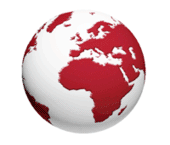
Broadcasting Daily from Gibraltar Newsroom our dedicated desk editors and newsdesk team of Professional Journalists and Staff Writers work hand in hand with our established network of highly respected Correspondents & regional/sector specialist Analysts strategically located around the Globe (HUMINT) Our individual Desk Editors all have specific subject authority as Journalists, Researchers and Analysts covering AI, Autonomous Transport, Banking & Finance Technology, Cybersecurity, GeoCrime, Defence 3.0, Energy & Renewables, BioEconomy and Transport & Logistics. Contact the NewsTeam at [email protected]
View all posts

